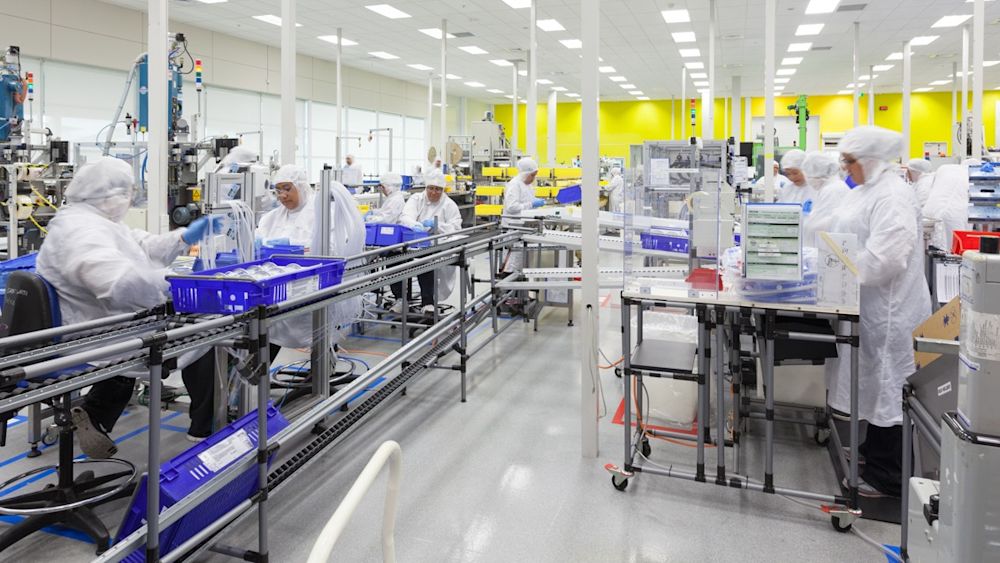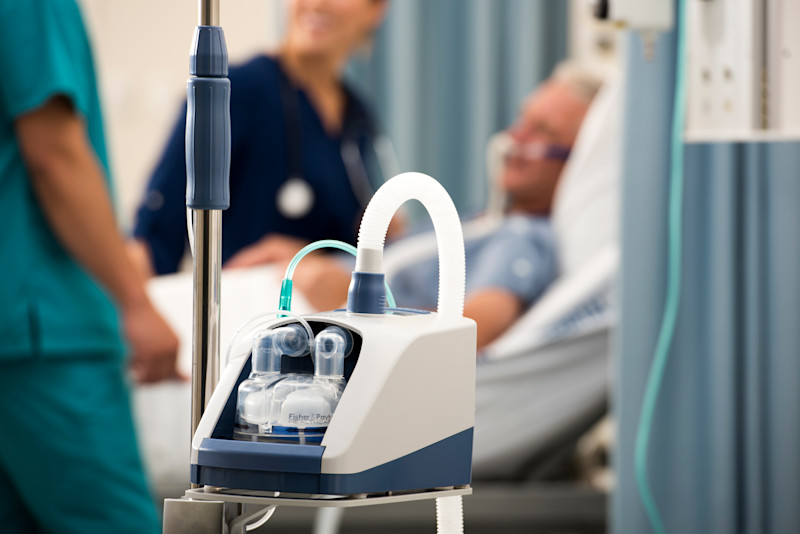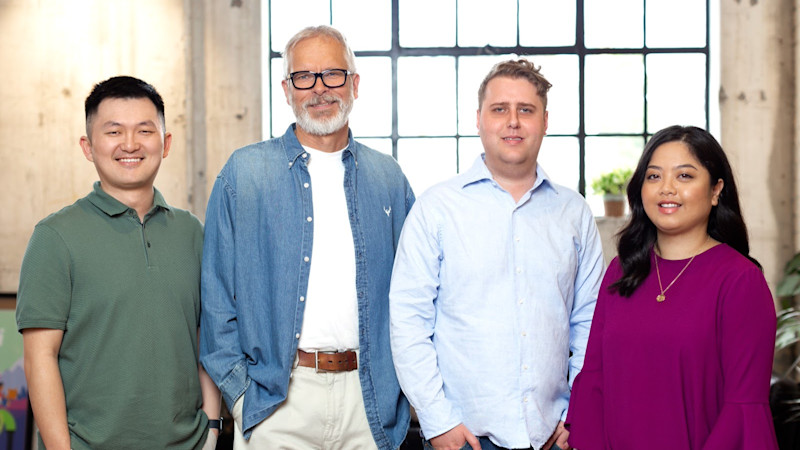- Iterate
- Meet The Team
- Six New Zealand Brands that Turned the Lemon of 2020 into Lemonade
Six New Zealand Brands that Turned the Lemon of 2020 into Lemonade
Table of contents
How has New Zealand managed such a positive fiscal outlook while seeing the decimation of international tourism, its second largest export product?

For the lucky folk down in New Zealand, their convenient location outside of coughing distance from the rest of the world and early collective COVID response has meant things are looking comparably chipper down under.
But it wasn’t always rainbows and native birdsong. At the early stages of the global pandemic, New Zealand fell into the grips of an 11% GDP nosedive, with the most optimistic of economists predicting a 1.8% GDP drop by year’s end. But just a few months later and the country is on the sunny side of what experts are calling a “V-shaped recovery” as Kiwis head into a summer of live sport and concerts like it’s 2019 again.
So how has New Zealand managed such a positive fiscal outlook while seeing the decimation of international tourism, its second largest export product?
A mostly overlooked part of New Zealand’s incredible economic rebound has been the many quick-thinking brands which have helped pull the country out of the red. In particular, New Zealand’s fast-growing tech sector has seen some extraordinary gains this year, taking on a host of challenges and finding new advantages.
From biotech companies pushing through at-home cancer testing kits to companies taking classrooms into the virtual world, brands across New Zealand have been pushing fresh new ways of dealing with the many challenges the world has faced. Here we look at some of the most impressive Kiwi organisations taking the lemon of 2020 and making lemonade.
Pacific Edge
Pacific Edge is a cancer diagnostics company which might advertise a broad range of interests on their website, but there was only one product anyone could talk about from the Dunedin-based firm this year; CxBladder.
CxBladder is a bladder cancer detection and management test. Instead of going through the rigmarole of going to the hospital or lab, patients can use the kit at-home. Although most New Zealanders have had access to the product for a couple of years now, in June this year, Pacifc Edge got news that U.S. healthcare giant Kaiser Permanente had approved the product for commercial use. As you’d expect, a quality at-home test for patients being evaluated for bladder cancer was a god send amidst the US’ social distancing orders.
The stock market responded very favourably to the new market opportunity and Pacific Edge’s stock has since gone haywire, climbing from a pedestrian 13 cents the day before the big announcement in June to a whopping $1.14 as we publish this story in December.
Fisher & Paykel Healthcare
Heading into 2020, Fisher & Paykel Healthcare was already the most valuable company on the New Zealand stock exchange with its $23 share price. But when the COVID-19 pandemic hit, the manufacturer of products and systems for use in respiratory care suddenly became a whole lot more important.
As hospitals around the world have continued to stockpile respirators and other breathing equipment, Fisher & Paykel Healthcare has experienced unprecedented demand for its breathing devices. This year they became the first New Zealand company to be worth more than $20b after their share price jumped to $35.60 on news of their strong half yearly profits. Positive vaccine news since has brought Fisher & Paykel Healthcare into the $19b range, but the future bodes well as pandemic promises to be a part of daily life for the short to medium term.
Fisher & Paykel have become the global standard of care for treating COVID-19 and will almost certainly continue to play an essential part of the continued international response.

Hatch
One of the most confusing parts of the global recession and record unemployment numbers has been the stock market trucking forward like it’s wearing noise cancelling headphones. And while we can partially credit governments for their quantitative easing programs, a significant factor in this phenomena has been the rise (and rise) of new retail investors.
People stuck at home have been putting their FOMO to use in the share market, downloading fractional share apps like Robinhood and Betterment. In New Zealand, the lion’s share of this attention has gone to local startups Sharesies and Hatch.
“It's great to see Kiwis getting off the sidelines and putting their hard-earned money to work!” said Hatch’s co-founder and GM, Kristen Lunman, in an interview with The Org.
Hatch has pitched itself as the antithesis of more reckless trading platforms, forcing education on its users through intentional design. In the last calendar year, they’ve managed to see 284% growth in customers and 663% growth in deposits, up to $450m NZD. But the stat they’re most proud about is the 15,000 Kiwis they’ve had complete their free, 10 minutes a day courses on the fundamentals of share market investing.
“I think our business growth is evidence that traditional options like term deposits and property are no longer attractive,” said Lunman.
Eat My Lunch
One of the less well-known facts about New Zealand is its shocking track record of child poverty. Most recent stats show that one in five Kiwi kids live in relative poverty — a figure made worse by widening inequalities this year.
To help combat child poverty in a meaningful way, Eat My Lunch was started five years ago to provide food to kids who need it. For every meal that a person or a business purchases, they’re also supplying an in-kind meal for a hungry young person. Offerings are simple healthy meals made fresh every day, including salads, sandwiches, and picnic boxes.
This month, Eat My Lunch was awarded a government contract to provide three million lunches to kids across 2021. The success of the programme is part of a wider trend of social enterprise — organisations employing sound business strategy, while aiming to benefit the wider community with their work.

Kami
It’s true that education has been on a steady course of digitisation this past decade, but the pandemic has sent it on a crash course of disruption the industry hasn’t seen since the Egyptians came up with advanced math.
For edtech companies already helping schools embrace the new era of digital learning, things got busy quickly in 2020. Auckland-based Kami is no different.
The PDF and document annotation app allows teachers and students to share and edit readings and worksheets. Most importantly during these times, they take away the need for paper in the classroom.
“All we’ve ever wanted to do was make teachers’ lives a little easier and classroom learning a little more accessible, engaging and equitable," said Bob Drummond, co-founder of Kami, in an interview with The Org. "So to see the explosive growth in the use of our digital classroom application this year has been humbling.”
Before the pandemic struck, 6 million student users had been enjoying Kami’s product. Today the number now hovers around 22m as adoption grows at a 1,250% year on year rate throuugh November 2020.
“We now find ourselves supporting students and teachers in 180 countries across North and South America, Europe, Middle East, Asia and Africa who refused to give up and are continuing to learn in these challenging times, in the classroom or at home, every day,” Drummond said.
Kami has had particularly outstanding success in the United States, where it says it is now in 2/3rds of all schools. With the ongoing demand for digital learning, it’s difficult to see this growth trajectory slowing anytime soon.

Mint Innovation
As people pile into cyber Monday and iPhone release parties, Mother Earth lets out another frustrated moan. Last year, 53.6 million metric tons of e-waste was produced globally, with just 17.4% of this amount “officially documented as properly collected and recycled.” E-waste is a growing global problem with very few good solutions.
Mint Innovation has figured out a way to extract value from these discarded old tech items through a process of bio refinery. They grind the offending e-waste down, add in micro-organisms that attach themselves to precious metals like palladium and gold, and pull them out.
Naturally, it’s the kind of thing that gets investors pretty excited. They recently closed a $20m Series B round to help them fast track plans to set up commercial e-waste mining refineries in Australia and the UK.
--
The Org is a professional community where transparent companies can show off their team to the world. Join your company here to add yourself to the org chart!
In this article


The ORG helps
you hire great
candidates
Free to use – try today